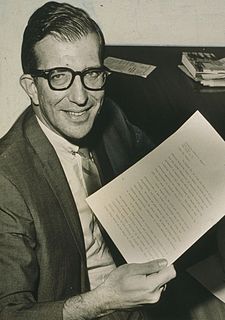A Quote by Mike Pence
America is stronger than Russia. Our economy is 16 times larger than the Russian economy.
Related Quotes
When you take away the subsistence economy, then your farm population is seriously exposed to the vagaries of the larger economy. As it used to be, the subsistence economy carried people through the hard times, and what you might call the housewife's economy of cream and eggs often held these farms and their families together.
Russia does not have a modern economy: it's a petro-power. The only thing it sells that the world wants to buy is oil and natural gas. When was the last time anyone bought a Russian computer? A Russian car? A Russian cell phone? Russia is so dependent on high energy prices that if oil falls below $100 a barrel, the Kremlin can't meet payroll.
Today it's fashionable to talk about the New Economy, or the Information Economy, or the Knowledge Economy. But when I think about the imperatives of this market, I view today's economy as the Value Economy. Adding value has become more than just a sound business principle; it is both the common denominator and the competitive edge.
It's time to admit that public education operates like a planned economy, a bureaucratic system in which everybody's role is spelled out in advance and there are few incentives for innovation and productivity. It's no surprise that our school system doesn't improve: It more resembles the communist economy than our own market economy.
For complex reasons, our culture allows "economy" to mean only "money economy." It equates success and even goodness with monetary profit because it lacks any other standard of measurement. I am no economist, but I venture to suggest that one of the laws of such an economy is that a farmer is worth more dead than alive. A second law is that anything diseased is more profitable than anything that is healthy. What is wrong with us contributes more to the "gross national product" than what is right with us.






























